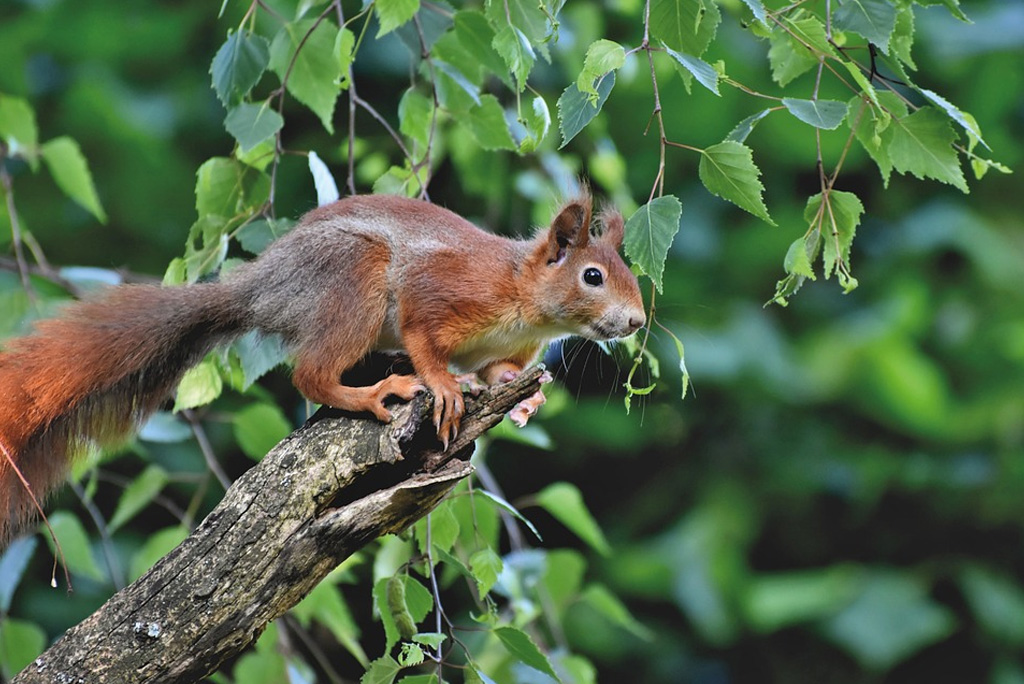Wildlife season is typically something we associate with cooler temps. As the evening chill of fall settles over Atlanta animals such as squirrels, raccoon, and skunks look for cozy places to refuge. But we’re not there yet! Nope…its still hot enough to fry an egg on the sidewalk. So, what does that mean for wildlife control here in metro Atlanta? It means HORNETS!
That’s right, tis the season for dangerous Hornet colonies to reach their annual maximum size of up to 700 individuals. And, as food resources dwindle and populations peak inside the hive, Hornet aggression also peaks. This can be a very dangerous situation with kids playing outdoors and homeowners trimming bushes where nests can be commonly found.
In Georgia there are two species of Hornets, the Bald Faced Hornet (Indicated by its black body and white markings on the head) and the less common European Hornet (indicated by the reddish brown body with yellow markings on the tail area). Both species are quite large in comparison to their smaller cousins wasps and yellow jackets. Both varieties build large ball shaped nests comprised of a paper-pulp mixture of hornet saliva, dirt, and chewed plant matter. In areas with concentrations of red clay the nests will demonstrate a similar coloration.
Anyone who has experienced a sting from a Hornet can attest to the intense pain. In some cases involving multiple stings, serious injury and even death may occur. Professional control of these pests is critical to prevent harm to yourself and others. Treatment of a hornet colony begins with a assessment of its location. No matter the product of choice, physical removal of the nest is required.
Remember, Hornets are a very dangerous pest that require specialized tools and training to address safely.
If you think you may have a Hornet problem consider giving Peachtree Pest Control a call. Let our pros handle your issues without putting yourself or your family at risk.
